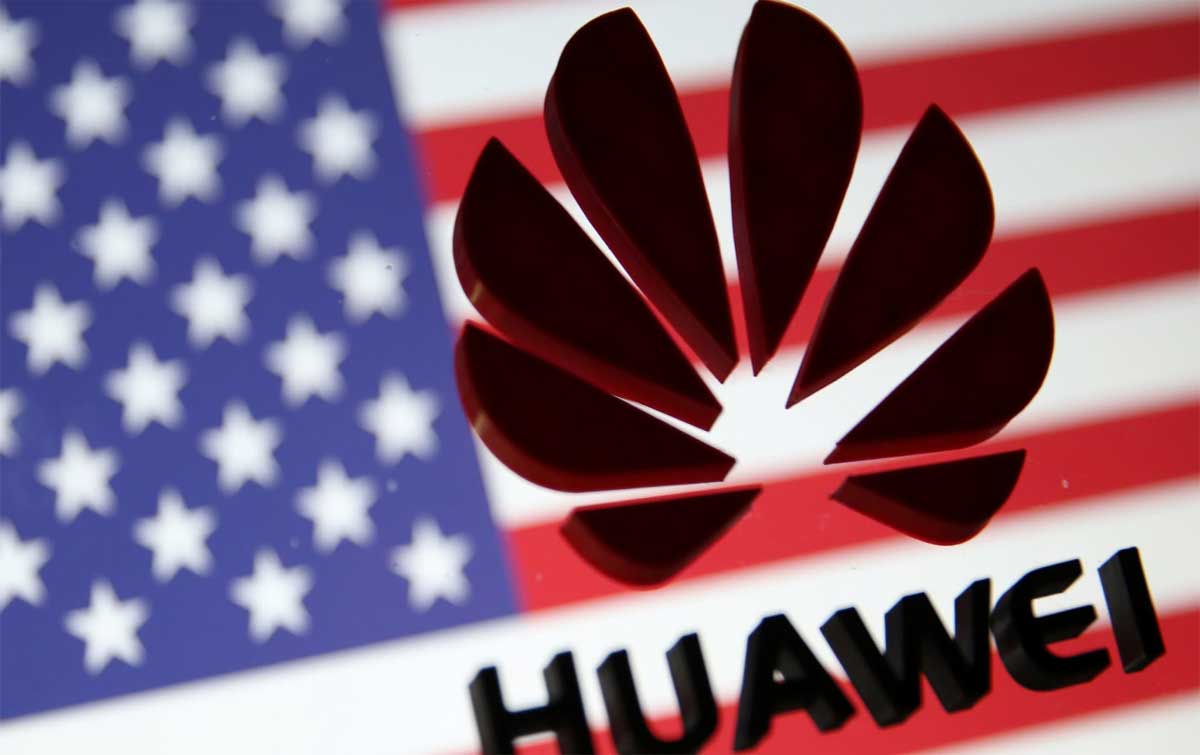The Huawei Department of Commerce’s veto, which caused Google to cease its collaboration with Huawei, precipitated the fact that the company announced it to senior executives who had been working on their own operating system for years, as we will see later. Given the delicate situation that meant not being able to use Android, it would be launched as an alternative (or in parallel), even ensuring that it would be up to 60% faster running applications) of the Google operating system.
The system, called HongMeng OS or ARK OS internally, would have a multi-device purpose, valid for wearables, smartphones, tablets, PCs, etc. However, according to the official news agency of the government of China, Xinhua, Catherine Chen, senior vice president of Huawei and member of its Steering Committee, told reporters in Brussels yesterday that Huawei’s plan is to continue using Android.
After being specifically asked if HongMeng was an alternative to Android, Chen said it was not designed to be. He did not deny the existence of HongMeng, but he did point out that it is intended for “industrial use” and that it has been in development since long before the problem of the veto occurred.
HongMeng OS is not a system for smartphones, but Huawei has claimed to have a “plan B” regarding Android
According to Chen, HongMeng contains many fewer lines of code than an operating system for smartphones. The board said that makes it very secure and allows it to run with less latency than if it were written for mobile.
Given that these statements come from a first level directive, we wonder how this news fits with the other details that managers have mentioned about an operating system to be used in case Huawei could not continue using Android.
Rei Zhengfei, the founder of Huawei, already said that Hongmeng would be faster than Android, but did not say expressly that it would replace it in smartphones. In this sense, the system could be used for televisions or wearables, which have less processing power.
In the absence of an official statement by Huawei, what does seem clear from statements by managers is that, although HongMeng is not called, there is an alternative to Android
On the other hand, Richard Yu, CEO of Huawei, mentioned in a group of WeChat with Internet experts that an operating system, without saying a name, would be available as of this autumn or the spring of 2020, being able to install on computers, tablets, televisions, cars, and laptops. This caused it to be considered as a system similar to the (little) we know about Fuchsia, from Google. In fact, even before the veto, in March, Yu already said that “if it ever happened that we can no longer use these systems (Android and Windows), we would be ready.”
These statements, along with those of Chen, joined those of Alaa Elshimy, Director and Vice President of Business Business of Huawei in the Middle East, who claimed to have a B plan to Android (although the dates he contributed regarding its availability were due to a confusion) or those of Andrew Williamson, make us think, although not confirmed, that Huawei may be developing several operating systems in parallel.
However, in the absence of an official statement stating what is and what is not Hongmeng, or what is and is not Harmony OS, another system whose name has been recently registered, what seems certain is that Huawei has an alternative to Android, be multiplatform or not.
We have contacted Huawei to know the official position of the company firsthand, and we will update the article if we receive a response.

